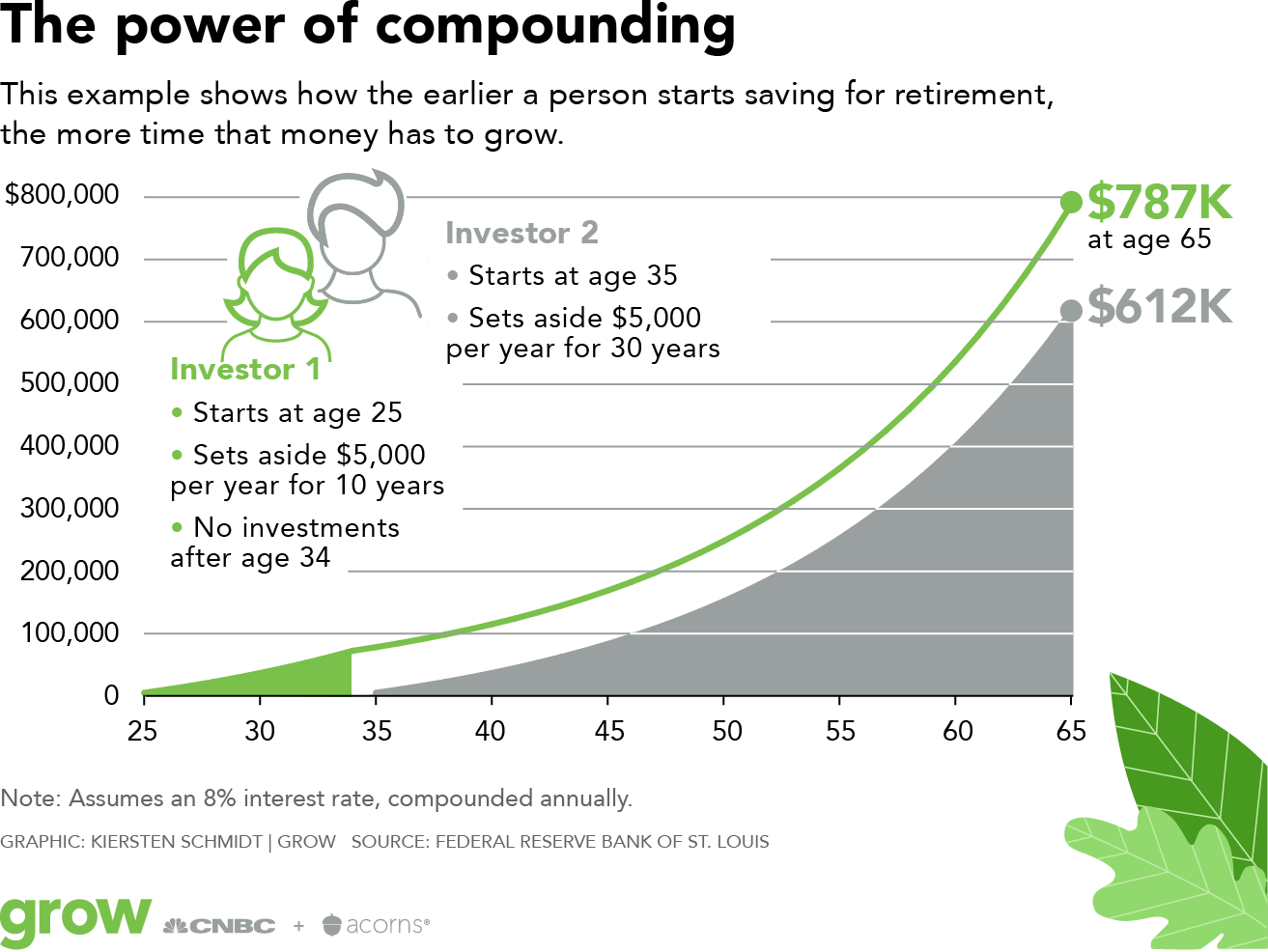If the idea of investing in the stock exchange scares you, you are not alone. Individuals with really limited experience in stock investing are either horrified by horror stories of the average financier losing 50% of their portfolio valuefor example, in the 2 bear markets that have already taken place in this millennium or are beguiled by "hot tips" that bear the pledge of huge benefits however seldom pay off.
The truth is that investing in the stock market brings risk, however when approached in a disciplined manner, it is one of the most efficient ways to build up one's net worth. While the worth of one's house usually accounts for the majority of the net worth of the typical specific, the majority of the affluent and How Does Investing Work really rich usually have the bulk of their wealth invested in stocks.
Key Takeaways Stocks, or shares of a business, represent ownership equity in the firm, which give shareholders voting rights in addition to a recurring claim on business incomes in the kind of capital gains and dividends. Stock markets are where individual and institutional financiers come together to buy and offer shares in a public venue.
For circumstances, a private or entity that owns 100,000 shares of a business with one million exceptional shares would have a 10% ownership stake in it. Many business have outstanding shares that encounter the millions or billions. Common and Preferred Stock While there are two main kinds of stockcommon and preferredthe term "equities" is associated with common shares, as their combined market value and trading volumes are many magnitudes bigger than that of favored shares.

Preferred shares are so called due to the fact that they have preference over the typical shares in a company to get dividends in addition to possessions in case of a liquidation. Common stock can be more categorized in regards to their voting rights. While the standard facility of common shares is that they ought to have equivalent voting rightsone vote per share heldsome companies have dual or multiple classes of stock with different voting rights connected to each class.